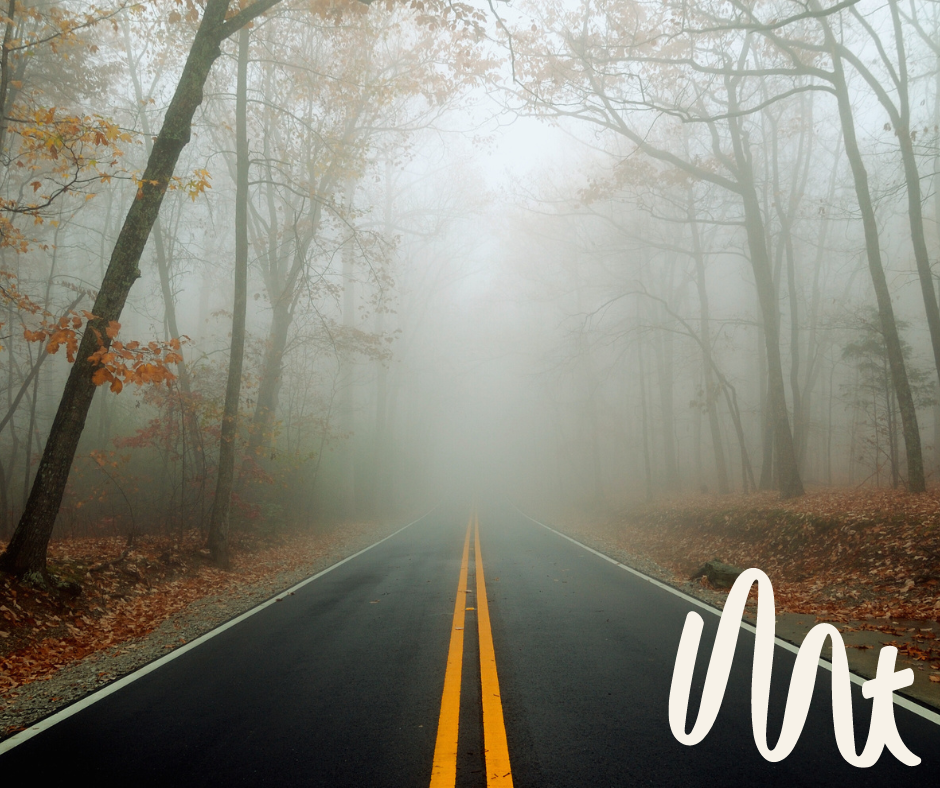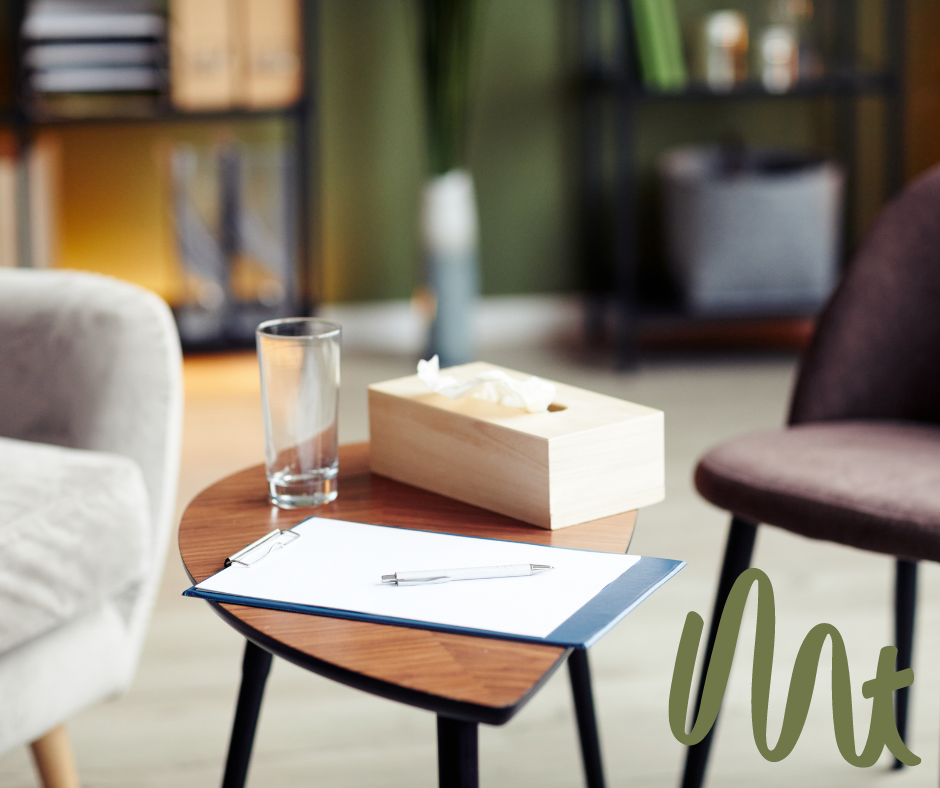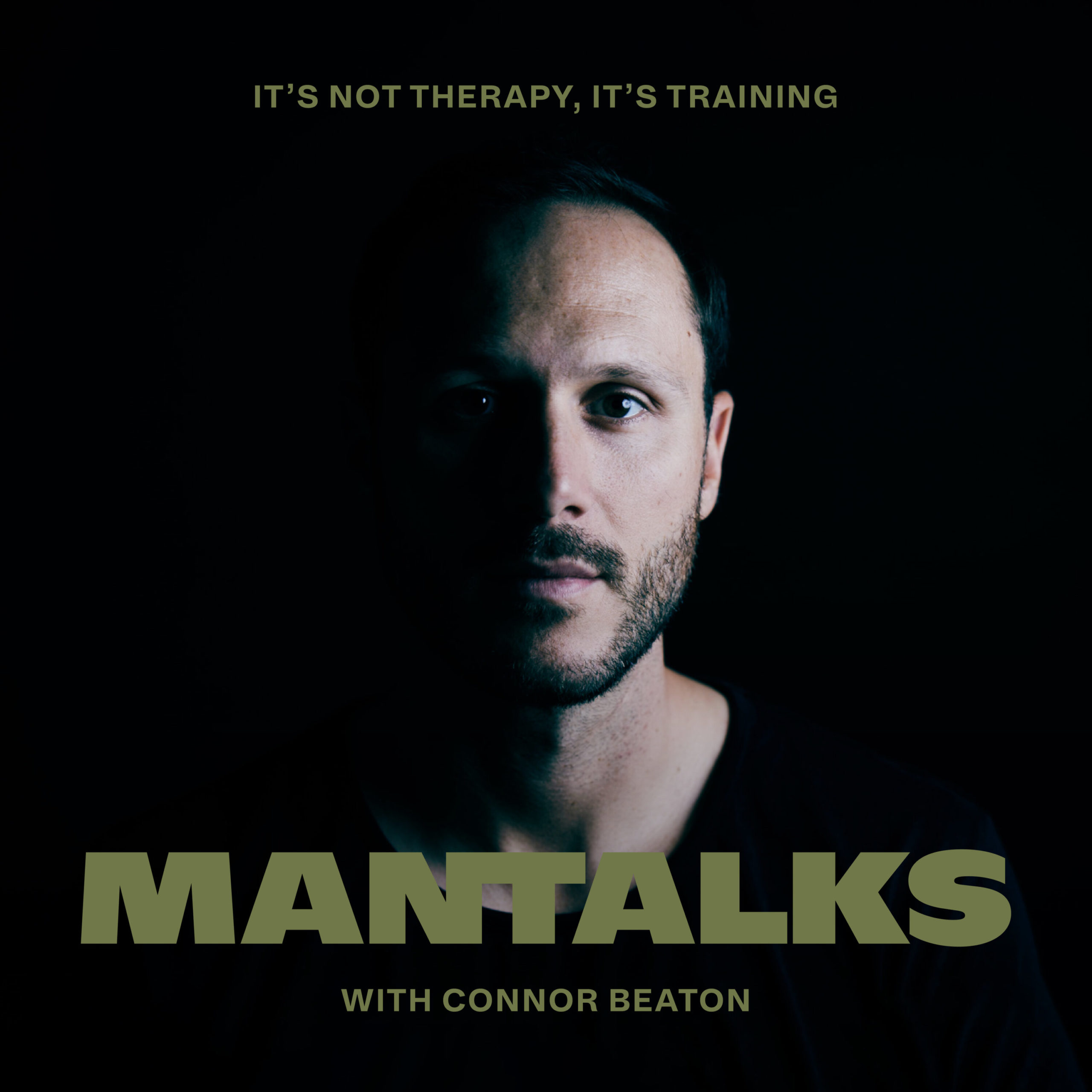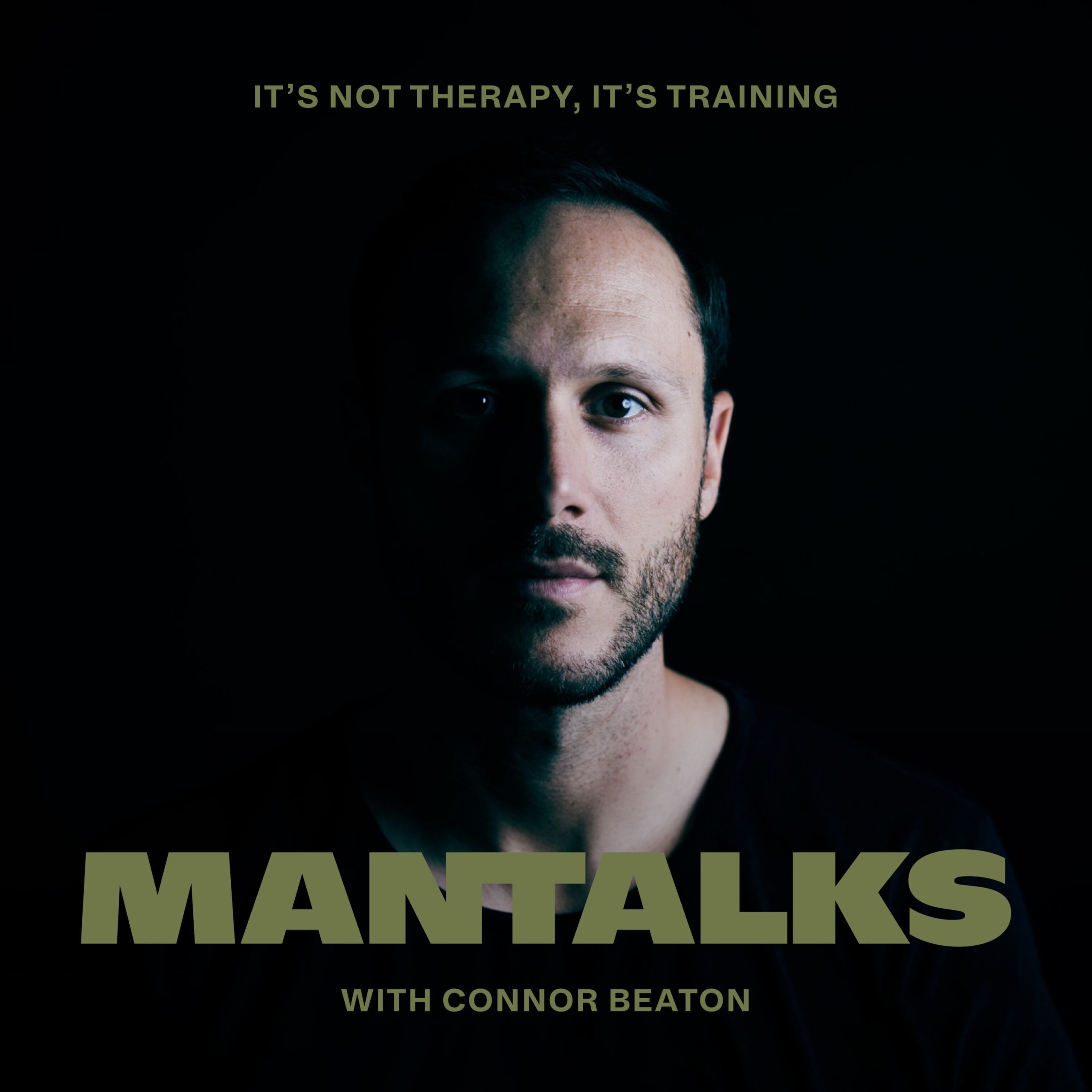This post originally appeared in the Be Yourself publication on Medium.
The first time I’d ever contemplated suicide, I was sitting in a deflated beanbag chair fit for half of a person.
I was in the bedroom of my frat-house and wondering what it’d be like to kill myself by tying one end of a shitty belt I owned to my door knob and letting my body fall limp to the floor.
I’d lost sight of everything.
What the fuck was I doing with my life? was a common refrain.
But also the feeling that my existence had no meaning.
I was stuck in that existential void which usually crops up when you’re so stuck in the past and you have your identity wrapped around something that you have such little control over that you lose sight of everything.
So I’d just sit in my beanbag chair that had run out of fluff, play videogames the entire day and it’d be an absolute fucking chore to get out of the house.
(Part of me was saying, get the fuck up and go do something you lazy piece of shit.)
When I did leave my house it was usually to pick up alcohol and/or get drunk and little else.
So that was my existence at the time: play video games and get drunk, and feel fucking miserable.
And I didn’t understand why.
I just said, I feel empty right now and like I want to die and my friends would just say, get over it, bro. In hindsight, that was the only advice I had to go off of and it sounded pretty reasonable.
Relative to most, I had little to suffer for: I had friends, I wasn’t completely incompetent or handicapped, I was going to a great school and my life wasn’t particularly difficult.
Private college is nothing like Rwanda, but you can imagine anything when you’re feeling extra delusional.
But suffering is relative. Your suffering looks completely different than mine. My suffering was more existential.
In reality, suffering, depression, thoughts of suicide and the like, they’re a product of uncertainty.
Uncertainty about the future.
If we’re certain that tomorrow, or next week or the month after, we’ll inherit 72 virgins, millions of dollars and day-to-day work that fills us to the brim with enjoyment, we will figure out a way to live to see that day regardless of daily circumstances.
If we think that the next weeks and months and years will only be full of suffering and that we’ll never find a way out, death will always find a way into our subconscious.
We’re suckers for meaning, because all of the movies tell us that you can will it so.
Accepting Our Pain
“Both men had talked of their intentions to commit suicide. Both used the typical argument — they had nothing more to expect from life. In both cases it was a question of getting them to realize that life was still expecting something from them; something in the future was expected of them.”
Man’s Search for Meaning, Victor E. Frankl
I had an emotional breakdown the other day — the details of why, I won’t get into, but the brutality of it all, I will.
I was feeling particularly low and self-loathing and I’d taken a small problem and turned it into a small continent. And before I knew it I couldn’t sleep, was stewing and mad at myself for feeling like shit.
If you want to see what this nasty vicious cycle looks like, I’m happy to highlight it in a future article, but just know that it gets fucking dark in there.
And so, I was standing in the shower and I could feel that pain, and so I just kept repeating to myself, I’m in pain. I’m in a lot of fucking pain. And I’m scared and I don’t know what to do.
Often when I get at something that shakes me to the core — something deep in my throat or cock or whatever — something intense comes out.
Moments later, waterworks.
Tears and blubbering and gasping for breath and snot.
A vicious and horrifying cry, if there ever was one.
And I finally started to wrap my head around something, because I was trying to find some meaning behind all of this pain.
And I think, jogging around in my mind, I’d finally found the disconnect:
I want to love myself as much as the people in my life love me.
There’s a lot of pain that I suffer through in silence.
Secretly I hate myself. I never feel good enough. I’ll do something amazing and get a temporary lift and I’ll feel that high for a day or two, but then I’ll immediately cut myself down through words or actions.
Veiled self-criticism that’s really meant in jest, but is often more along the lines of how I feel about myself.
And I have a lot of love for those people and vice-versa, but I haven’t found that in myself.
That’s hard to accept.
I’m working on it, but it’s fucking hard to accept.
Finding Meaning In Suffering
Recently, I’ve started to convince myself that all of the struggles that I go through on a day-to-day basis — mostly, complete uncertainty around my career and job prospects, family drama, death and my sex life — they’re for some sort of outwardly goal or purpose.
Which is part of the reason why I share most of this stuff.
In a sense, I believe that if I share these things with the world and other people, it will enable somebody else to battle their demons, too.
That profound loss of purpose and meaning and sense of self, is particularly prevalent in people who are younger — think, FUCKING MILLENIALS — and older people, too.
(People in the middle, conversely, display a profound sense of “I’ve made it” syndrome in life, so if you desperately want to find that, I’d skip ahead a few years or go back in time.)
And so, it’s easy for us to lose sight of purpose and meaning when we have no real reason to do anything.
And In Loss
A few months ago, I lost my Uncle Jakob.
In the past 60+ years, he’d survived through: The Holocaust, the death of his wife, the death of most of his close friends and family members and worse.
His stories, you’d never believe but they’re amazing and gut-wrenching and terrifying and you’d never believe them.
And the most profound part? He never questioned his existence throughout those struggles.
Even when it was almost certain that most of his close family, they wouldn’t be alive by the time he’d cut through the forest and came out on the other side.
Even when he’d impersonated a Nazi officer to try and retrieve his brother from jail — he was blonde haired, blue-eyed and spoke perfect German — only to have him recaptured and eventually taken away for forever.
Even when somebody had tried to out him as a fucking Jew and have him killed.
(Oh, and he killed that man, in cold-blood. So much for diplomacy.)
He never wondered, am I going to live?
He just focused on, what can I do to survive now?
Don’t worry about, if, if, if… he’d say.
When we’re working a 9–5 job and our boss suddenly informs us that — no, you don’t work here anymore and bye — that crushes our soul because that thing that we’d had so much of our identity wrapped up in is suddenly gone.
Or, when we’re in a relationship and things start to go sour and that’s our only relationship and suddenly our boyfriend or girlfriend is like, I think we need to start seeing other people.
FUCK YOU! YOU NEED TO SEE OTHER PEOPLE.
And with that — those tiny, ultimately meaningless but often pivotal moments in life — we start to question our reality.
Because before it had shifted dramatically, our reality was full of fulfillment — love, a vocation, work, enjoyment, etc.
And suddenly, the one we see now looks nothing like the one it was previously, and we’re scared because we’re uncertain of change.
We don’t know if we can handle it.
Our future was full of certainty and promise and meaning and all of a sudden, it’s full of nothing.
And this is where the darkness comes in.
This is when those pangs of what is the meaning of life? start to become more existential fears of existence.
And those fears, they become depression.
And once that depression becomes far more profound and real, then we start to ask ourselves, what’s the point of living?
And when we can’t answer that — when we don’t have any solid response to that question — then the notion of not living becomes pretty appealing.
But I’d like to think we can (and should find) meaning in our day-to-day suffering.
I’d like to believe that my thing is something along the lines of, openly sharing my struggles with the world so that other people can find meaning in theirs.
But it’s outwardly. It has little to do with me, and everything to do with the impact it has on other people.
And still, I lose sight of that often.
And I lose track of why I do the things I’m doing, and then hopelessness sets in and I start to tell myself I’m a complete fraud and doing nothing of meaning and blah blah blah.
Then I look at this wall of stuff, I’ve built over the years.
I call it my Wall of Awesome, but I might as well call it a Wall of Abundance or Love or Some Idea I Stole from Somebody Because I Thought It’d Profoundly Change My Life for the Better.
And I’m reminded that the things that I write and I do, they have an impact.
That my words have weight.
Sometimes on lots of people, sometimes on just a few but always on somebody.
Because I’m reminded that the suffering that I go through, it has a reason, whatever that might be.
It has value to at least one other person, even if I want it to go away every day. Even if I want to live in perennial bliss for the rest of my days.
Some of my single greatest moments of suffering have yielded the best stories.
And those stories — if we’re willing to share those gifts with the world — can help other people.
And through sharing that with the world — I think — we can find contentment, if not happiness.
But only if we’re willing to accept that.
__________

He also runs mastermind groups for entrepreneurs, designed to help them push through the day-to-day struggle of entrepreneurship in order to do the work they love.
He recently put together this awesome guide on fighting anxiety and procrastination.
Sign up to the ManTalks newsletter and every week we’ll send you an email with the week’s top articles and interviews.
[fc id=’3′][/fc]




